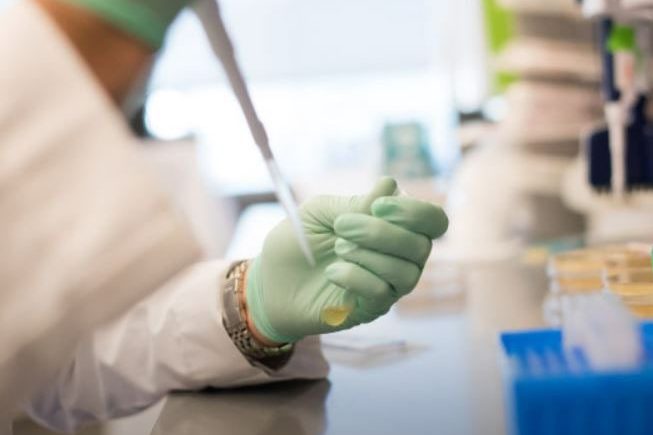In the next few days, FDA panel will consider whether to advice approval for gene therapy for Leber's Congenital Amaurosis (LCA), which has been extensively tested in clinical trials by Spark Therapeutics.
The treatment, Luxturna, has been developed by Philadelphia-based Spark Therapeutics. This treatment does not give normal 20/20 vision and may not work for everyone, but studies have found it to improve vision for nearly all of those subjects who were given this treatment. The studies also found that the treatment does not cause any untoward outcome and was considered safe.
The therapy has wider implications but was only tested for LCA in the beginning, caused by flaws in a gene called RPE65. Those with this type of the disease cannot manufacture a protein needed by the retina. Those affected often see only bright light and blurry shapes, and eventually lose all sight. Parents are carriers of the flawed gene and it can remain undetected for generations, suddenly emerging when an unlucky combination gives a child two copies of the defective genes.
The treatment involves a surgical procedure that requires injecting a modified virus containing corrective gene into the retina. Benefits usually appear within a month.
Results:
In results so far, eighteen of 20 treated study participants improved on the mobility maze a year later, and 13 passed the test at the lowest light level. None in a comparison group of nine patients did. That group was allowed to get the therapy after waiting one year, so in all, 29 were treated, plus more in earlier studies. The two who did not improve may not have had enough healthy retinal cells to respond to treatment; one improved on other tests and another stopped deteriorating. About half of those treated were able to read three or more additional lines on an eye chart, but the variability between the groups was too big to be sure, statistically, that they were different on this measure.
Many of the subjects treated in this study are now no longer legally blind and have gained independence, including Christian Guardino, who went on to perform on "America's Got Talent" a day before his 17th birthday earlier this year, where he won the golden buzzer that showered gold confetti on him and sent him into further competition. He referenced that he could see the confetti thanks to his gene therapy treatment several years ago.
There were two serious side effects, both deemed unrelated to the gene therapy itself. One was due to a drug given afterward and another was a complication of the surgery.
What happens next?
The FDA must decide by Jan. 18 whether to approve Luxturna. What it might cost is a worry. One gene therapy sold in Europe cost $1 million and was used by only one or two people; another has had few takers. We will know what the company will charge for the trial only after the approval.
If approved, it would be the first gene therapy in the U.S. for an inherited disease, and the first in which a corrective gene is given directly to a patient. Only one gene therapy is sold in the U.S. now, a cancer treatment approved in August that engineers patients' blood cells in the lab.
Ref: ABC News report, Philly.com (for image)
More about Retina Global here.

No comments:
Post a Comment
Thanks for your comments. We will get back to you shortly if there is a need to respond to it.
- Admin, Retina Global
Read more on Retina Global.